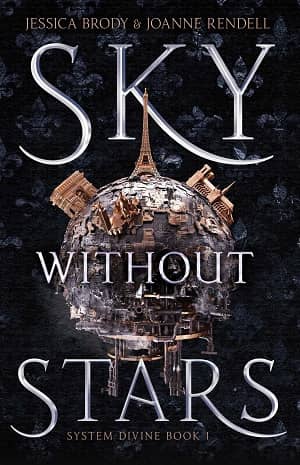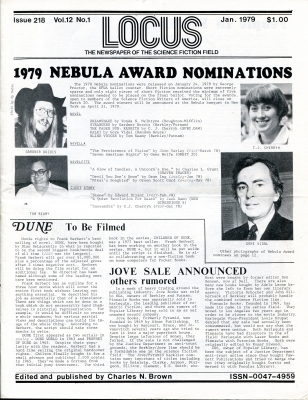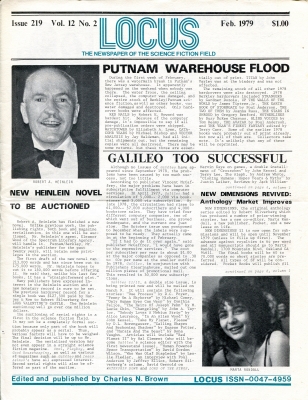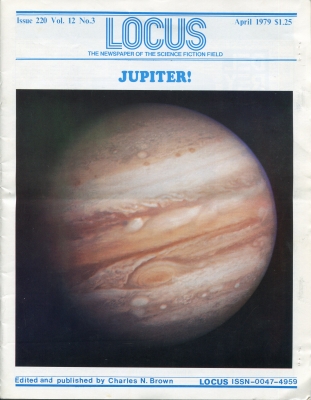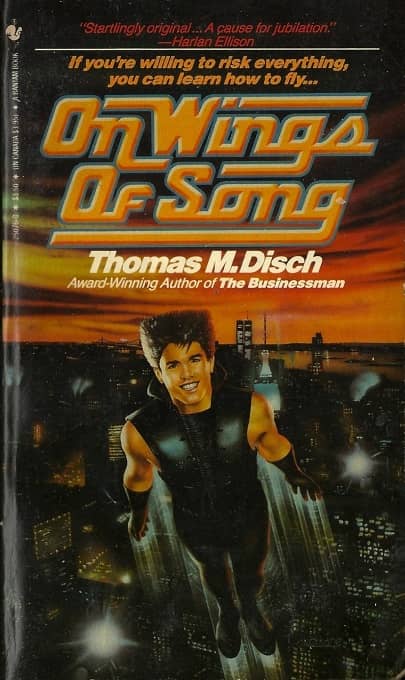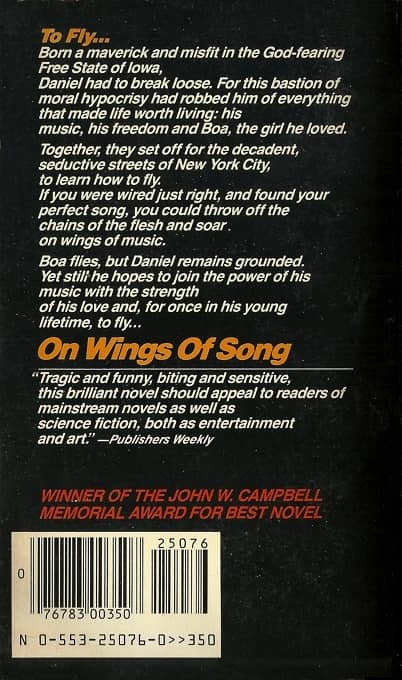Wordsmiths: Interview with Award-Winning Author Rebecca Roanhorse
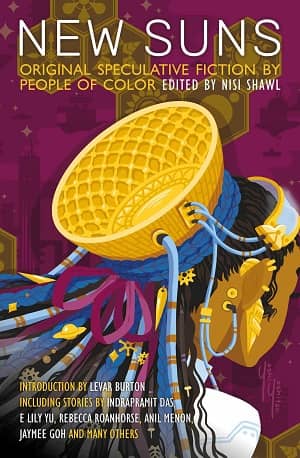 Being a reviewer and interviewer definitely has its perks some days, especially when I get the chance for a one-on-one chat with one of my new favorite fantasy authors. I’ve mentioned Rebecca Roanhorse quite a bit in my column here, which made it extra exciting to be able to chat with her about her previous work and what might be on the horizon. Hope you enjoy!
Being a reviewer and interviewer definitely has its perks some days, especially when I get the chance for a one-on-one chat with one of my new favorite fantasy authors. I’ve mentioned Rebecca Roanhorse quite a bit in my column here, which made it extra exciting to be able to chat with her about her previous work and what might be on the horizon. Hope you enjoy!
ME: I read your story “Harvest” in New Suns: Original Speculative Fiction by People of Color and I loved the vague and unsettling nature of it, which is struck me differently than the other work of yours I’ve read. Can you tell me a little about where the idea for that came from, and how it developed?
REBECCA: Interestingly enough, I think “Harvest” has a lot in common with my other works. The style is more lyrical, but the themes it explores like identity and community are similar. Also similar is the exploration of what makes one a monster and what makes one human, and how sometimes the difference is a matter of perspective. I was also striving to capture a feeling in the story for the kind of love that leads to infatuation and self-destruction and whether that’s always a bad thing. And, of course, the ending of the story, much like “Welcome to Your Authentic Indian Experience(TM)” should call into question the protagonist as reliable narrator and what is real and what is not. To me, at least, it’s very much a “Roanhorse” kind of story.
Everything that I’ve read of yours — this story, “Indian Experience(TM)”, Trail of Lightning — carries undertones about a variety of indigenous issues. Why discuss these topics through fantasy as opposed to contemporary literature?
I’m a nerd. I’ve always been a Science Fiction and Fantasy (SFF) reader and writer from my earliest memories of reading Susan Cooper and Lloyd Alexander as a kid and then Eddings and Jordan and Herbert as I got into high school, and as an adult Butler and Le Guin, among many, many others. I’ve always written SFF, too, from my very first stories in middle school. It’s what I love. What else would I write?

